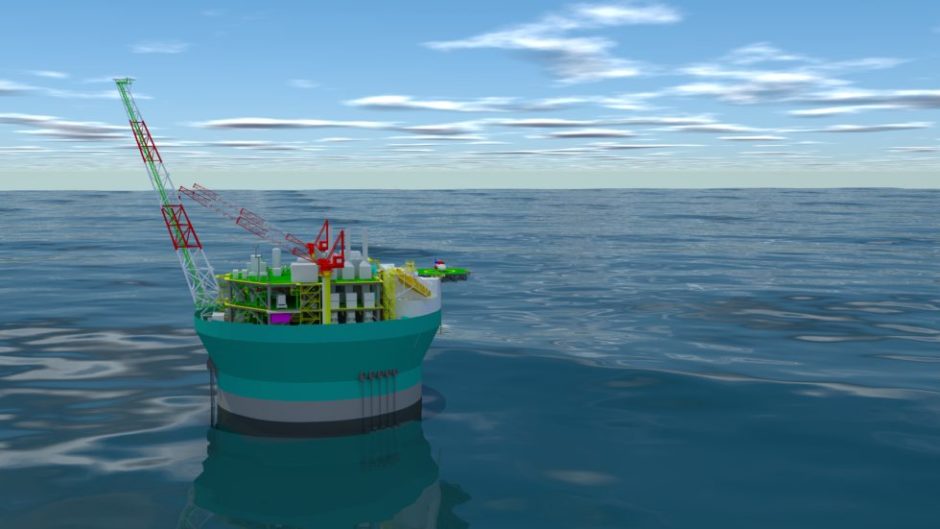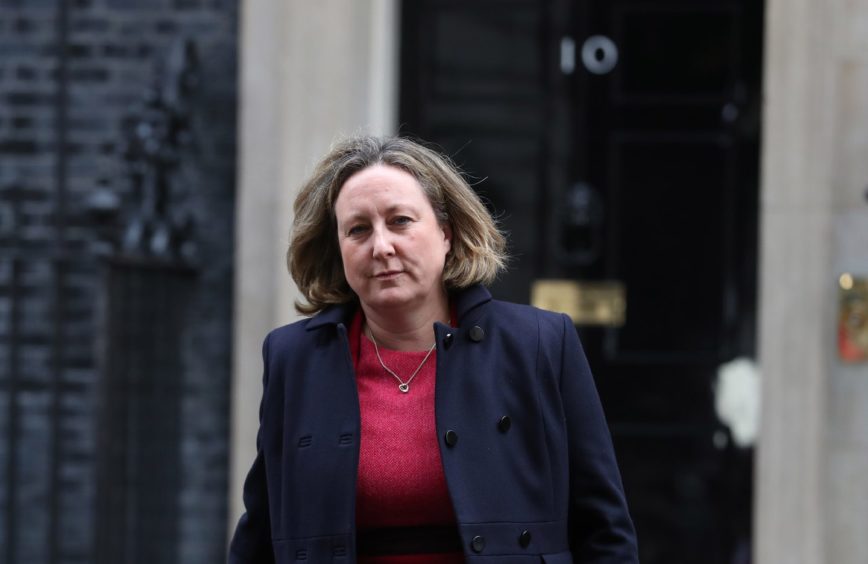
Ministers have been criticised over plans for a new North Sea oil and gas project, which could be approved just months before Scotland is due to host a global climate conference.
Under the proposals, developers behind the Cambo heavy crude field off the coast of the Shetland Islands expect to extract 150 million barrels of oil – roughly equivalent to operating 16 coal-fired power stations for a year.
It comes despite a recently launched plan to cut emissions from the North Sea basin, which produces 3.5% of the UK’s yearly greenhouse gases, by 60 million tonnes – or 50% – over the decade.
Labour MP Darren Jones yesterday grilled COP26 minister Anne-Marie Trevelyan over the proposal, asking whether rhetoric was being put before reality.
He said: “It was agreed at the G7 that G7 nations wouldn’t be financing new coal power stations overseas but they didn’t agree to a date to ending the use of coal in their own countries and it’s been reported this morning that you’re about to approve heavy crude oil fields off the coast of the Shetland Islands.
“Is this another gap between rhetoric and reality and do you think our continued use of fossil fuels is going to make it harder for us when we ask other countries to stop doing so at COP later this year?”
Ms Trevelyan replied: “We’ve set out our clear position on ending government support for fossil energy overseas, including UK export finance, which we set out at the end of March.
“Our commitment to phasing out unabated coal power, which we brought forward to 2024, is a really world-leading direction.”
Pressed on the Shetland oil plan, she said: “In terms of oil, it’s not a new licence, and there are no new licences this year. This is an extension of an existing oilfield.”
Ms Trevelyan added that as part of the North Sea transition deal the UK Government would be working on a new licensing scheme which “will be a very focused on a scientific base”.
The COP26 summit, due to take place in November, is set to be the largest policing operation since the 2012 Olympics in London.
Earlier this year police chiefs admitted that the summit in Glasgow could pull officers away from the day-to-day beat in the north-east and Highlands.
Quizzed about those concerns, the boss of the UK Government’s COP26 Unit, Ros Eales, said extensive work was taking place with Police Scotland to ensure all needs were met.
She said: “We have an agreement with our delivery partners that we will be paying for all marginal costs.
“We’re working extremely closely with Police Scotland on budget matters.”
Katy Heidenreich, OGUK supply chain and operations director, said: “The UK offshore oil and gas industry is changing and applying low carbon thinking to all its projects, including the Shetland-based Cambo project, to support the transition to greener, cleaner energy.
“This Cambo project is not a new development but one that has been in the planning process since the government granted its exploration licence back in 2001.
“Bringing projects to the development stage is a lengthy process involving rigorous assessment of all aspects, including environmental management, safety, decommissioning responsibilities and extensive engagement with all stakeholders to take account of societal concerns.
“Through the North Sea Transition Deal, recently agreed with government, the offshore sector is using its 50 years of energy expertise to ensure the UK hits its target of net zero carbon emissions by 2050.”
 © PA
© PA